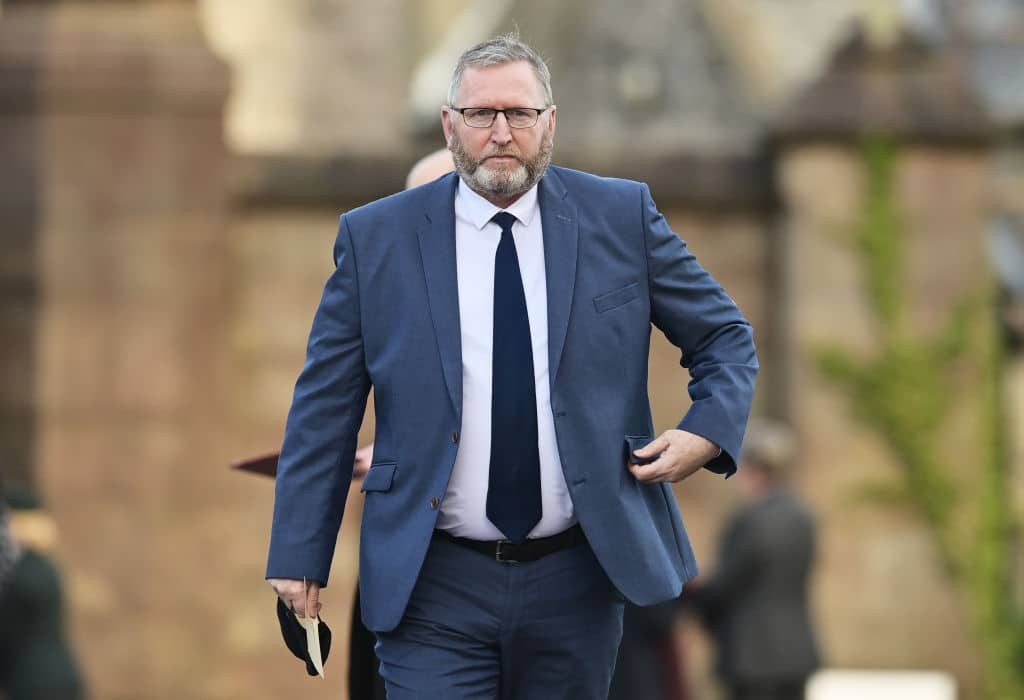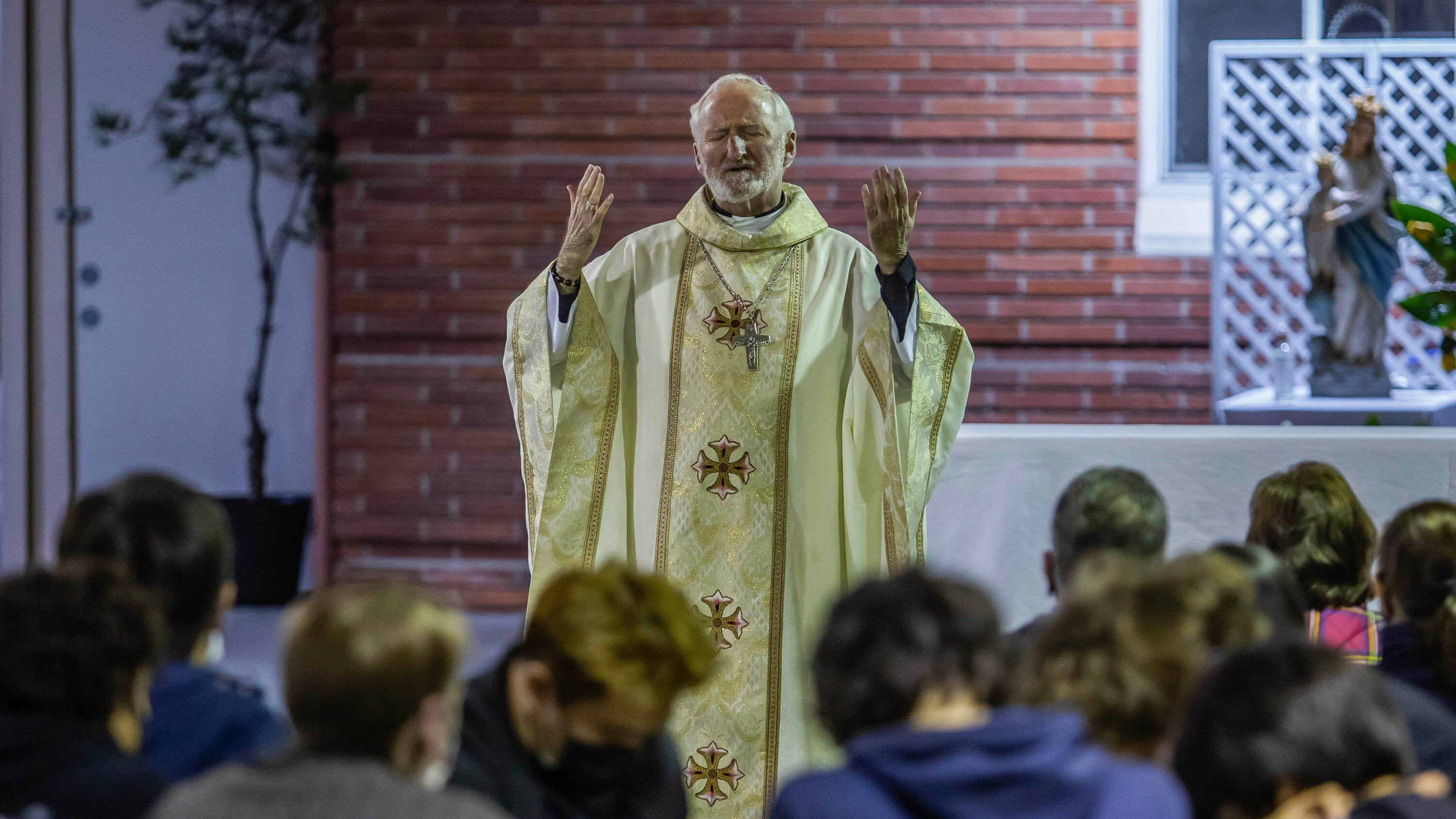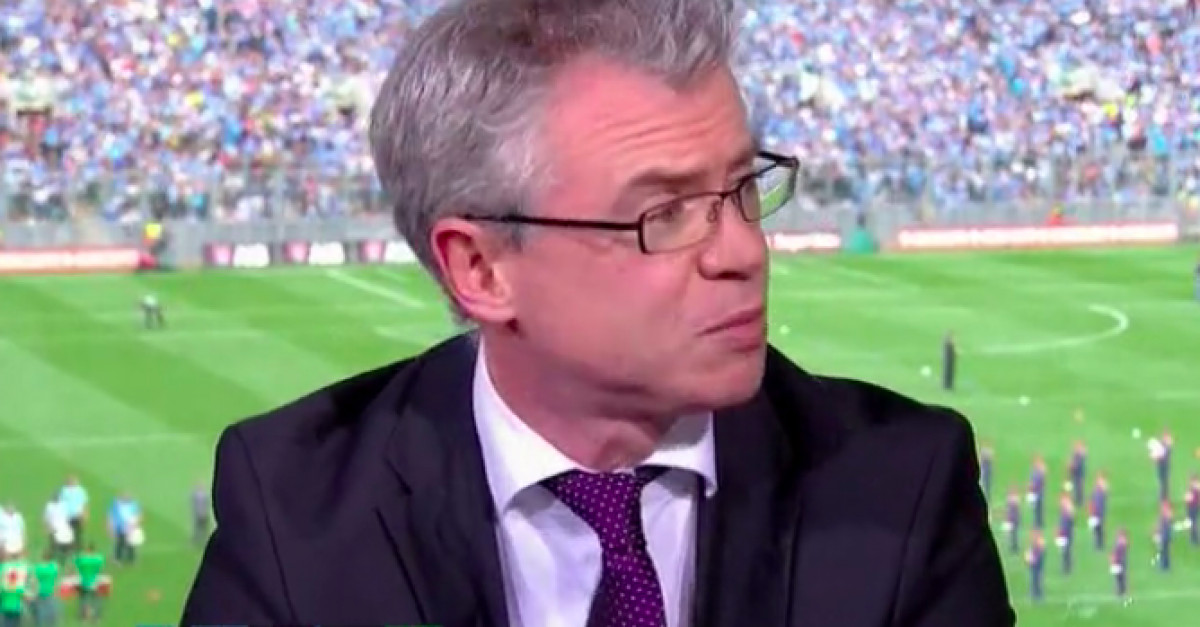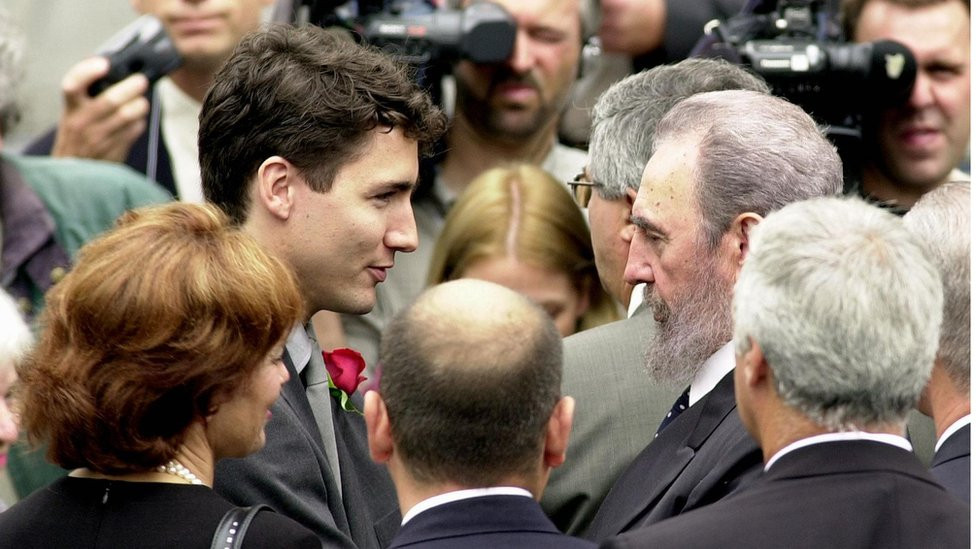The Ulster Unionist Party (UUP) has been here before – many times. Half of its senior politicians are former party leaders: Tom Elliott, Mike Nesbitt, Robin Swann, Steve Aiken and now Doug Beattie. No surprise then, that Beattie’s shock resignation on Monday led to discussion not on who might want to be the UUP’s next leader, but on who the party had left to lead it. For all its carousel of leaders, there has not been a leadership contest in the UUP since 2012; this time, the most likely candidate is the current deputy leader, Lagan Valley MLA Robbie Butler, though there is a question mark about his enthusiasm for the role. Nevertheless, he may yet find himself party leader, the latest in a long line of UUP MLAs who have agreed to give it a go. If he does so, he will be well aware that he will inherit the same problems that have been passed, baton-like, from one leader to another, and which have led this latest leader to throw in the towel. Once, the Ulster Unionist Party was lord of all it surveyed. It governed Northern Ireland from partition until the collapse of the Stormont parliament in 1972 and was the largest unionist party at the time of the Belfast Agreement in 1998. The DUP overtook it in the Assembly elections of 2003 and since then, the UUP has been in decline. In the most recent Assembly vote, in 2022, it took 11.2 per cent of the vote and returned nine MLAs, compared to the DUP’s 21.3 per cent vote share and 25 MLAs. This is a party which, more than 20 years after it lost its position at the head of unionism, is still trying to figure out what it is, what it stands for and why people should vote for it. In an interview with this newspaper after he became leader in 2021, Beattie described the party as a “supertanker” with a “big turning circle”. “We have been reaching out for a long time and have been changing for a long time, and we’re maybe picking up a degree of speed now,” he said. He staked his pitch on the middle ground; on a moderate, liberal, inclusive unionism which he hoped would both distinguish it from the DUP and win back former unionist voters who had switched to Alliance. The future, he said in that interview, would be down to “that demographic coming up the middle who identify as Northern Irish”. “That’s where we need to go. I think that’s where we’re going, and that’s what I’m playing my hand on.” Beattie understood he had to make the UUP distinct from the DUP, that it could not be DUP-lite but an alternative vision of unionism. The problem was that same tug of war that was being played out between the parties – a conservative unionism versus a more moderate form of unionism – was also being played out within the UUP. Beattie played his hand, and lost, though it is worth stressing that under his watch the UUP had its most successful recent election, re-electing its first MP to Westminster since 2017. His resignation statement spoke of the “toll both physically and mentally” of leadership, how it had at times been “lonely and isolating . . . it strains friendships and political relationships”. He also spoke of frustration. “Irreconcilable differences between myself and party officers combined with the inability to shape the party going forward means I can no longer remain the party leader.” Some “did not agree with the direction and path I set for the party and the vision I promoted”, he said. “I hope the new leader is given the freedom to act.” The UUP’s constituency associations have traditionally been fiercely independent – “like herding cats”, says Alex Kane, former UUP director of communications. “It goes back to a lot of tension with the party officers.” Though the final straw seems to have been a selection dispute in North Antrim, there have been other differences of opinion within the party, including over the choice of Colonel Tim Collins as a UUP candidate in North Down, and over whether the party should go into Opposition at Stormont. For Kane, Beattie is like the leaders before him. “Every party leader who’s gone since Terence O’Neill almost has said basically the same thing: we need to work out what we stand for, who we stand for, where we stand, how we get votes, what our role is,” said Kane. “What’s Robbie [Butler] going to do? The same people that disliked Doug [Beattie] are probably going to dislike Robbie even more. I don’t know where the party goes, it has tried everything, every form of reinvention . . . there’s just this sense of the party continuing to drift, because it still doesn’t know what it wants to be.” Beattie’s vision, articulated again in that resignation statement, was of an “inclusive Ulster Unionist Party, promoting a positive message”. For the UUP’s next leader, the challenge remains: figure out what this means and how to persuade people to vote for it. ## The UUP’s Internal Tensions Beattie’s resignation has highlighted the deep-seated internal divisions within the UUP. These tensions have been simmering for some time, but they have come to a head under Beattie’s leadership. ### The Selection Dispute in North Antrim The immediate trigger for Beattie’s resignation appears to have been a selection dispute in North Antrim. Beattie had backed a candidate who was not supported by the party’s officers. This dispute is indicative of the broader divisions within the party. ### The Choice of Colonel Tim Collins as a UUP Candidate in North Down Another point of contention has been the choice of Colonel Tim Collins as a UUP candidate in North Down. Collins is a controversial figure who has been criticized for his views on Brexit and on Northern Ireland’s place in the UK. ### Whether the Party Should Go into Opposition at Stormont The UUP has also been divided over whether it should go into Opposition at Stormont. Some members of the party have argued that it should remain in government, while others have argued that it should go into Opposition. ## Beattie’s Legacy Despite his resignation, Beattie’s leadership has had a number of successes. He led the UUP to its most successful recent election, re-electing its first MP to Westminster since 2017. He also managed to unite the party behind his vision of an inclusive, moderate unionism. ## The Future of the UUP The UUP is now facing a critical juncture. The party has been in decline for a number of years, and it is unclear whether it can regain its former glory. The next leader will have to address the party’s internal divisions and find a way to appeal to voters in a changing political landscape. ## The UUP's Future: A Tale of Two Unionisms The UUP's struggles highlight a broader debate within unionism in Northern Ireland. The party has been caught between two distinct visions of unionism: a more traditional, conservative vision and a more moderate, inclusive vision. ### The Traditional Vision The traditional vision of unionism is rooted in a belief in the maintenance of Northern Ireland's place within the UK. This vision is often associated with a strong sense of British identity and a rejection of any form of Irish nationalism. ### The Moderate Vision The moderate vision of unionism is more open to change. This vision seeks to build a more inclusive society in Northern Ireland, one that is open to the views of all communities. It also emphasizes the importance of working with the Irish government on matters of mutual interest. The UUP has struggled to find a balance between these two visions. Beattie’s leadership was an attempt to appeal to the more moderate vision of unionism. However, he was unable to overcome the deep divisions within the party. The UUP’s future will depend on its ability to find a way to unite behind a clear vision for the future. ## A Union of People or a Union of Parties? Beattie’s legacy may be defined by his failure to bridge the divide between the traditional and moderate visions of unionism. His resignation suggests that the UUP is still struggling to find its place in a changing political landscape. ## What Next for the UUP? The UUP is now facing a period of uncertainty. The party will have to find a new leader who can unite the party behind a clear vision for the future. It will also have to find a way to appeal to voters in a changing political landscape. The future of the UUP is uncertain, but one thing is clear: the party will have to find a way to address its internal divisions if it wants to remain relevant in the years to come.
Elena Kowalski
Political Analyst
Analyzing political developments and policies worldwide.

















